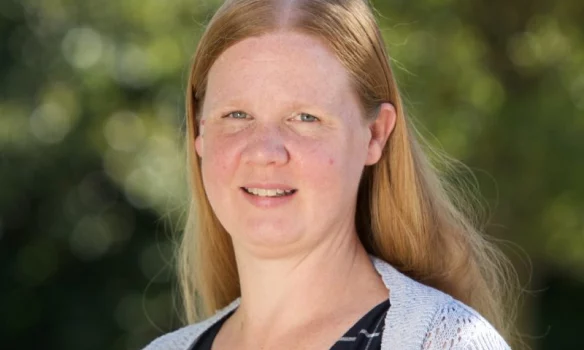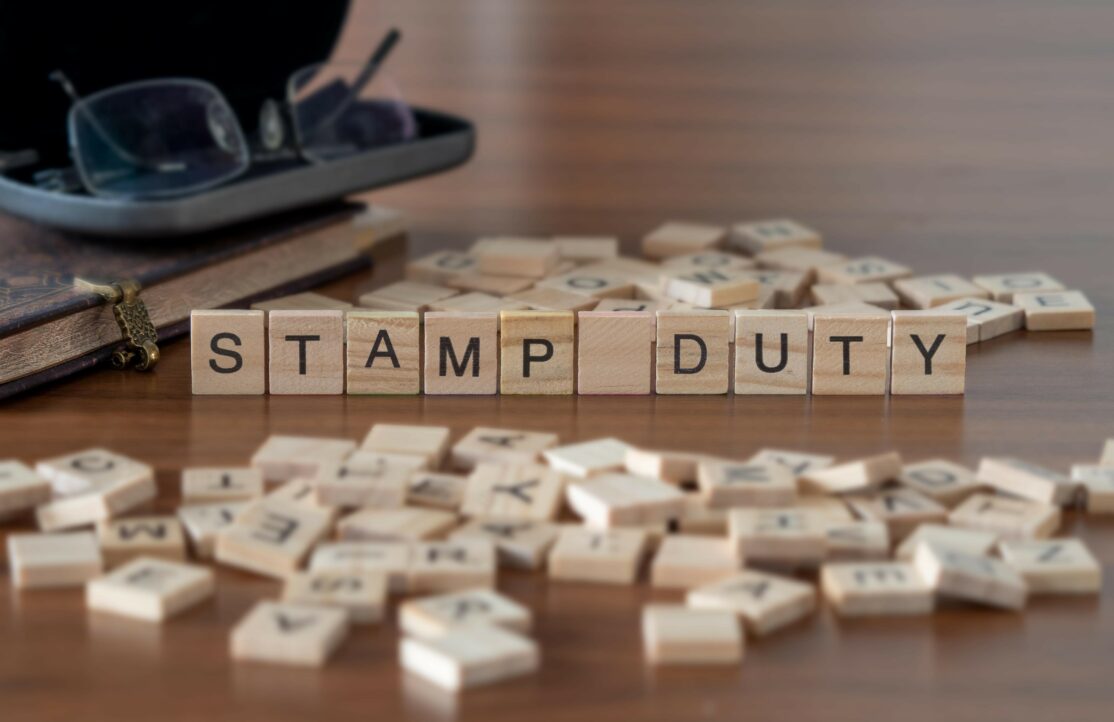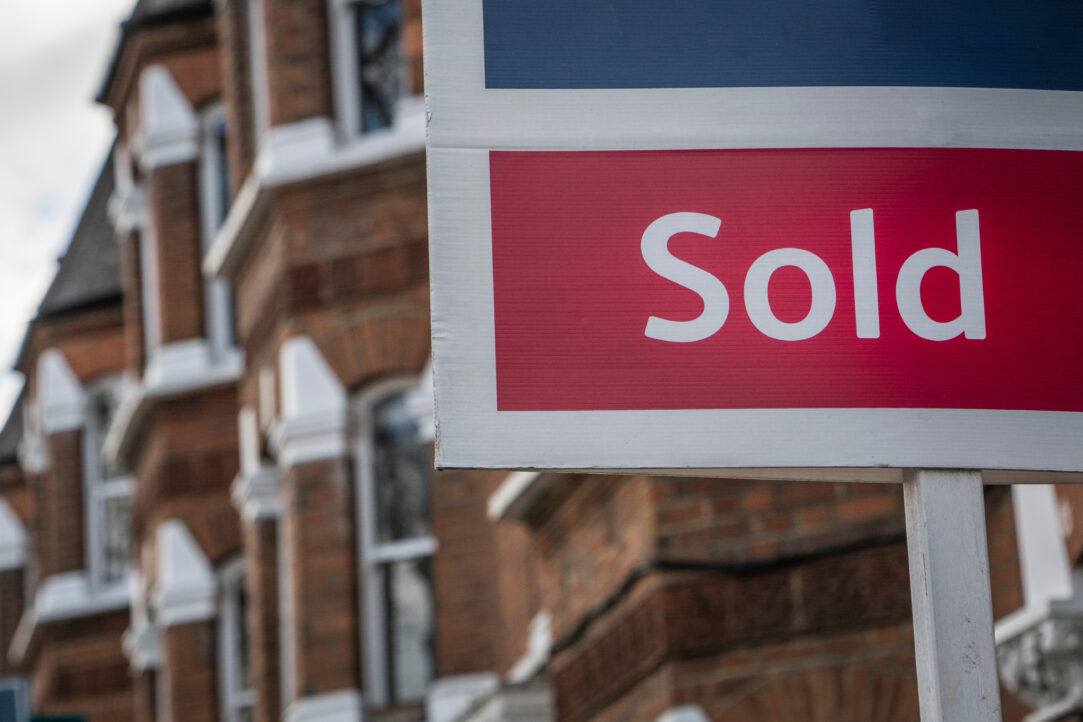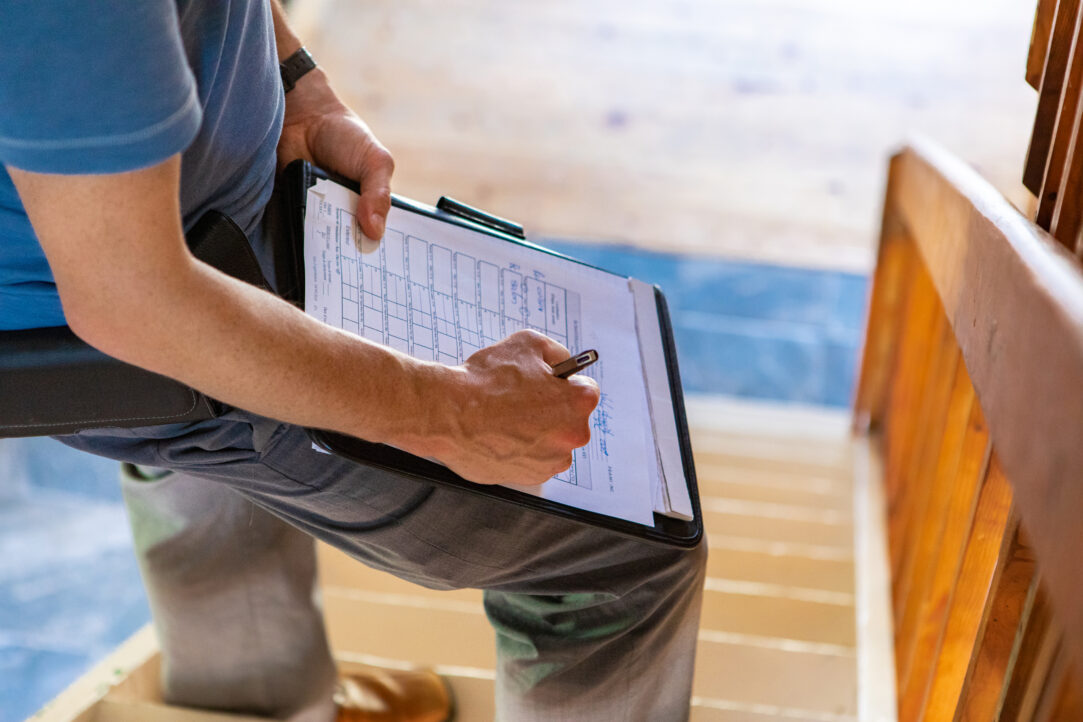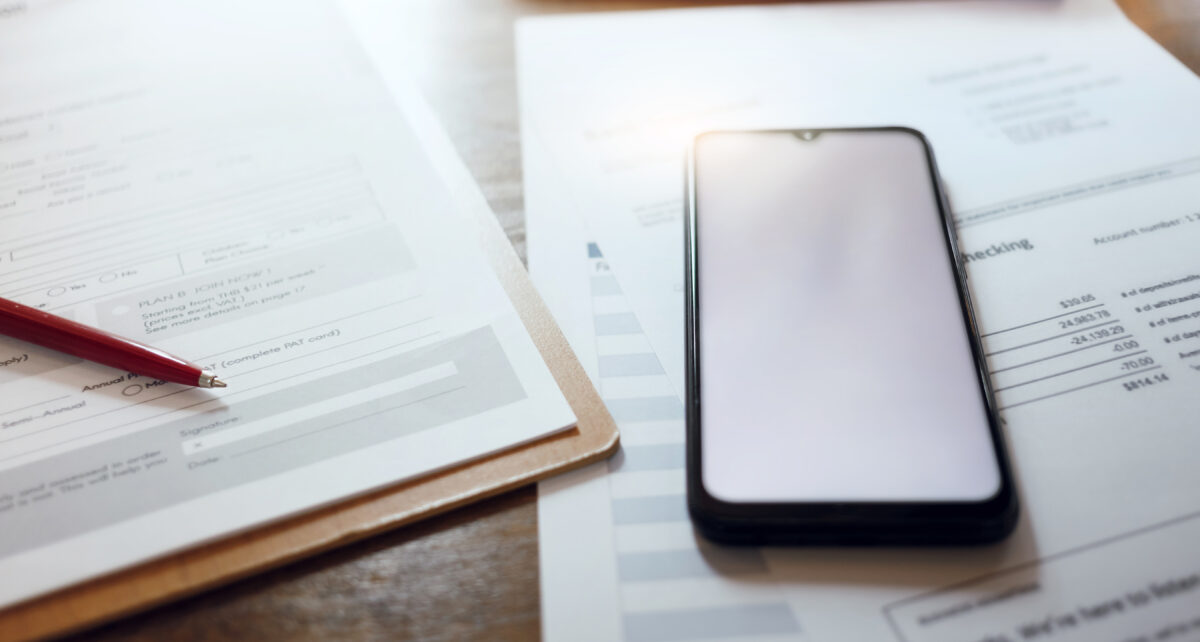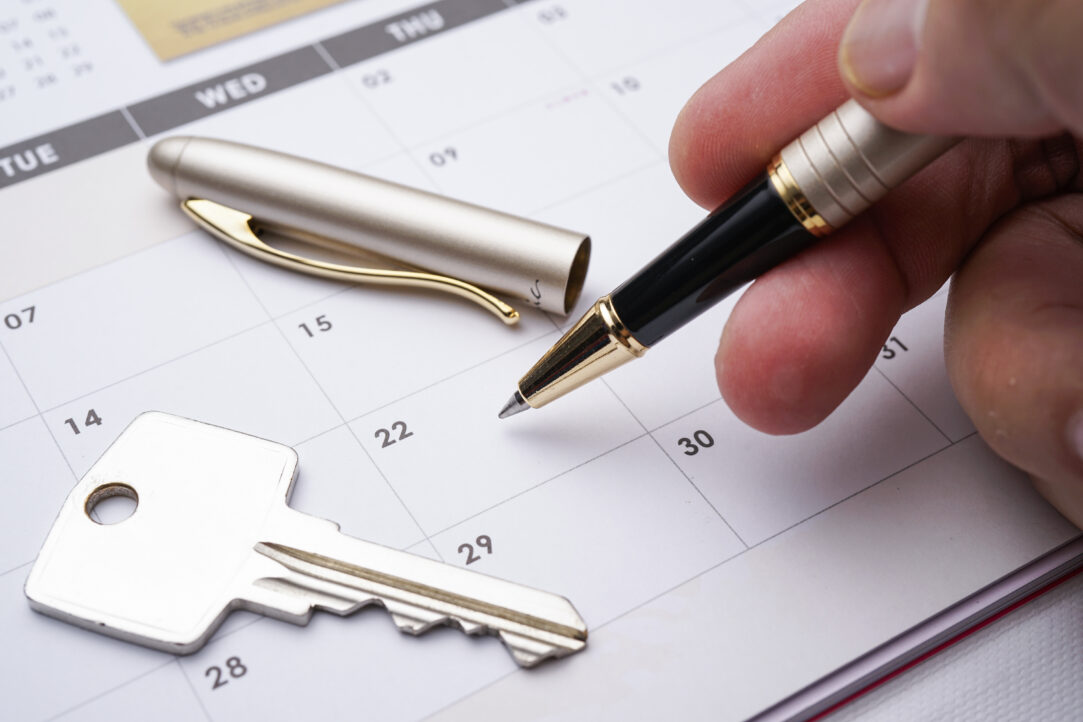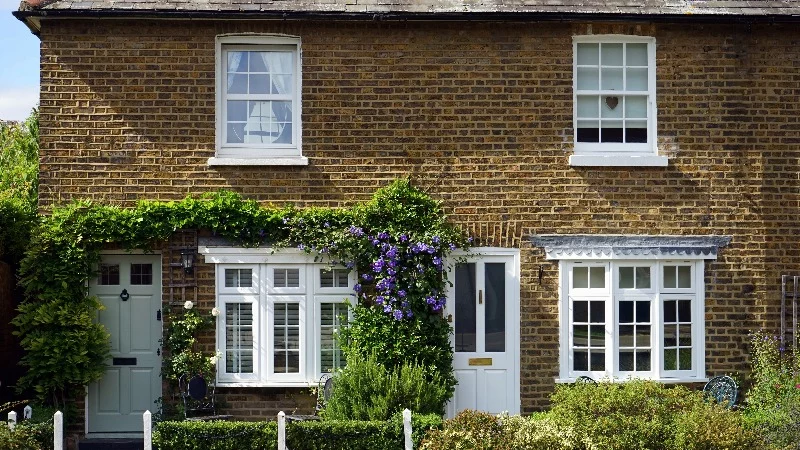What deposit does my conveyancing solicitor need?

When a conveyancing solicitor talks about a ‘deposit’, they mean just one thing – the amount of money (usually 10% of the purchase price) that a buyer is obliged to pay to the seller at the point of exchange of contracts. This is a part-payment of the purchase price, which if the buyer then fails to honour and ‘complete’ the contract after the completion date, the part-payment can actually be forfeited, being the minimum amount the seller can take from the buyer for breach of contract. This amount of money is called the ‘deposit’.
On the other hand, conveyancers encounter their own clients talking about a completely different deposit, often by the volunteering of phrases such as “I am putting down a 25% deposit” or “I have a 50% deposit”.
All the client means by deposit here, is the money they need to pay alongside the mortgage to fund the total of the purchase price and legal fees. Not really a deposit as such, though a necessary amount of money, particularly when most mortgage lenders are no longer lending high value mortgages such as 90% and above of the purchase price. Without the buyer finding this shortfall, they cannot buy.
From a conveyancer’s point of view, all they need to know is that you can afford the house you want to buy (the price, plus the legal fees) and that you will have the exchange 10% deposit to make available to the seller.
The ‘how’ and the ‘when’ come next.
How do you pay a deposit to a solicitor?
The buyer’s deposit will come from two usual sources. Either from the deposit their own buyers (if they are also selling) will be paying – which is often less than the 10% they need if they are buying for more which is usually fine – or the buyers pay it from their own resources. Recourse to additional borrowing may be how it ends up in their resources, or a gift or loan from family, but if they are taking out a mortgage, the mortgage lender needs to consent to this happening, as lenders do not like third-party interests.
When do you transfer a deposit to solicitors?
The deposit is needed at the point of exchange. So, unless paid by the buyer on a related sale, it will need to be sent to your conveyancing solicitor when they ask for it, usually a few days before exchange is expected to take place. And almost always it is sent electronically, as cheques are no longer popular, and they can waste up to 7 days’ worth of clearance time, often frustrating other parties in the chain who consider this a complete waste of time when everyone is otherwise ready.
When does a solicitor check proof of funds?
In the conveyancing process, proof of funds is a critical step that helps ensure the buyer has the necessary resources to complete the property transaction. A solicitor typically checks proof of funds early on, often just after an offer has been accepted and before exchanging contracts. This verification ensures compliance with anti-money laundering regulations and confirms that the buyer has a legitimate source of money to cover the purchase price, whether it’s from savings, a mortgage, or other sources like gifts. By conducting this check early, solicitors help avoid delays later in the process and ensure that the funds will be available when needed to complete the purchase.
To speak to one of the team you can get in touch below or call us on 0800 2800 421.
